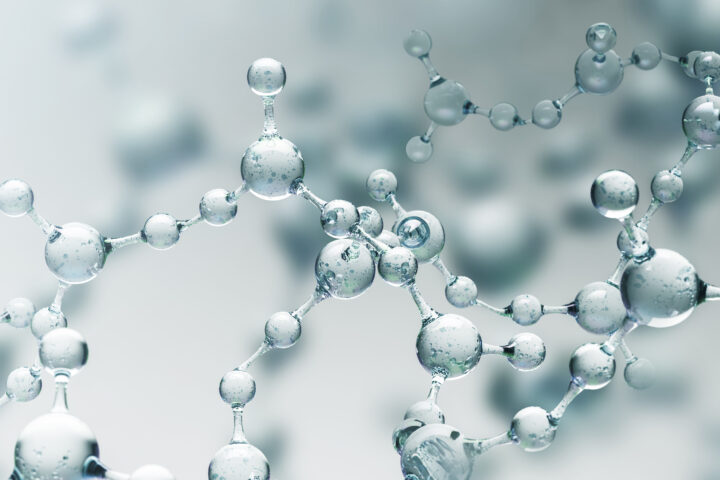
«Synthetic equals toxic? Wrong!»
When shopping for food on a daily basis, we often rely on our gut feeling. This can be very useful and save us a lot of thinking. But when it comes to assessing risks, our gut feeling can also be deceptive. Angela Bearth, a behavioural psychologist at ETH Zurich, explains why this is the case in the swiss-food podcast.
Tuesday, March 9, 2021
We make countless decisions every day. Most of the time, our gut feeling decides which choice we make. Gut decisions are important and help us to make decisions when we lack information. They save us a lot of thinking. After all, we can't be experts in everything.
Gut instinct often plays a decisive role when shopping for food too. Labels, product labelling and illustrations are supposed to help us make decisions. However, this often conveys a false perception of products. The lone cow in a lush green meadow on many organic products conveys an image of naturalness that does not exist: «For many people, natural is considered morally and aesthetically better», says Angela Bearth, behavioural psychologist at ETH Zurich.
Even though our gut feeling is important when making decisions, it sometimes leads us astray. In a study, Angela Bearth found that many people automatically perceive synthetically produced substances as dangerous. Organic cleaners, on the other hand, are perceived as harmless, even if this is not the case in reality. When assessing whether a substance is toxic, it does not matter whether it is «chemical» or «natural». So where does the fear of synthetic substances come from? «It's because of the attributes of the risk», says Bearth. «We are less afraid of risks that we feel we can personally influence.» This applies, for example, to smoking or driving a car. Pesticides, on the other hand, are seen as something unknown, over which we have less influence. More on the topic in the podcast.

Angela Bearth is a behavioural psychologist and conducts research in the field of «Consumer Behaviour» at ETH Zurich. She analyses how we assess risks and make decisions in everyday life. For example, synthetic substances are perceived by many as excessively dangerous. One particular area of her research is «chemophobia», i.e. the fear of anything chemical.
The podcast from swiss-food
You can listen to the podcast on Spotify, Amazon Music or Google Podcasts. If you use another podcast app, simply search for «swiss-food» or use the RSS feed (copy browser link).
Kindly note:
We, a non-native editorial team value clear and faultless communication. At times we have to prioritize speed over perfection, utilizing tools, that are still learning.
We are deepL sorry for any observed stylistic or spelling errors.
Related articles

«People don't know what chemistry is»
People often discuss pesticides and biocides. «Pesticides are chemistry and chemistry is poison», is often said. According to Dominique Werner of scienceindustries, the negative attitude often has to do with ignorance.
Content in German

«You cannot vote on science»
Resistance to new technologies is currently booming. In the case of green genetic engineering, politicians are also finding it difficult to deal with new technologies in a forward-looking way. But where does this fear of new things come from? Ludger Wess, science journalist and molecular biologist, talks about this in the Swiss-Food Podcast.
Content in German

«Food is safer than ever»
The eating habits of the population have changed greatly in recent years. There is a trend towards healthy and sustainable nutrition. But at the same time, many consumers are also unsettled.
Content in German

Residue is not the same as residue
Painkillers like Voltaren are a blessing for us – yet in our rivers they can harm fish. If these were crop protection products, calls for bans would be immediate. It becomes clear that we are applying double standards.

